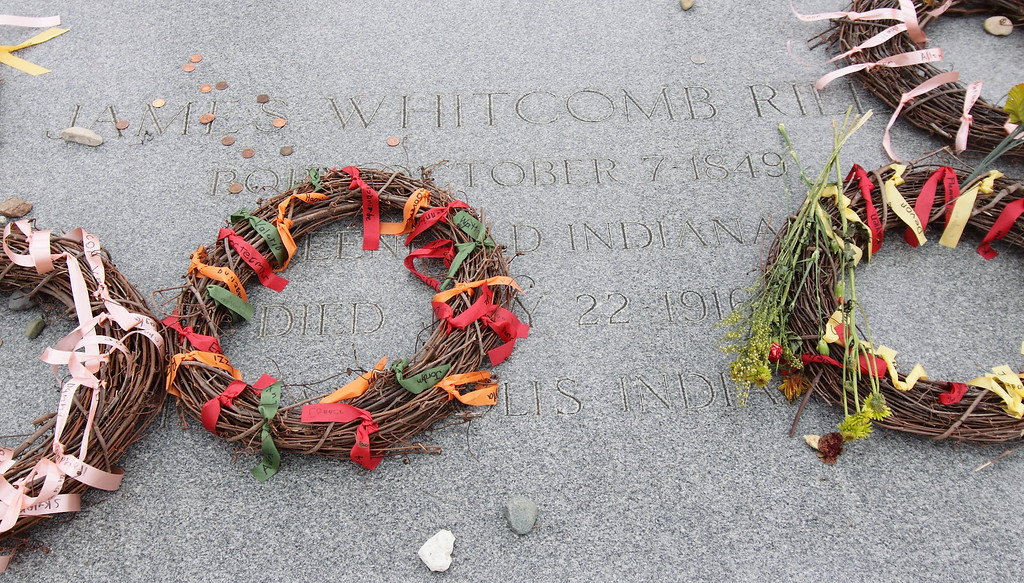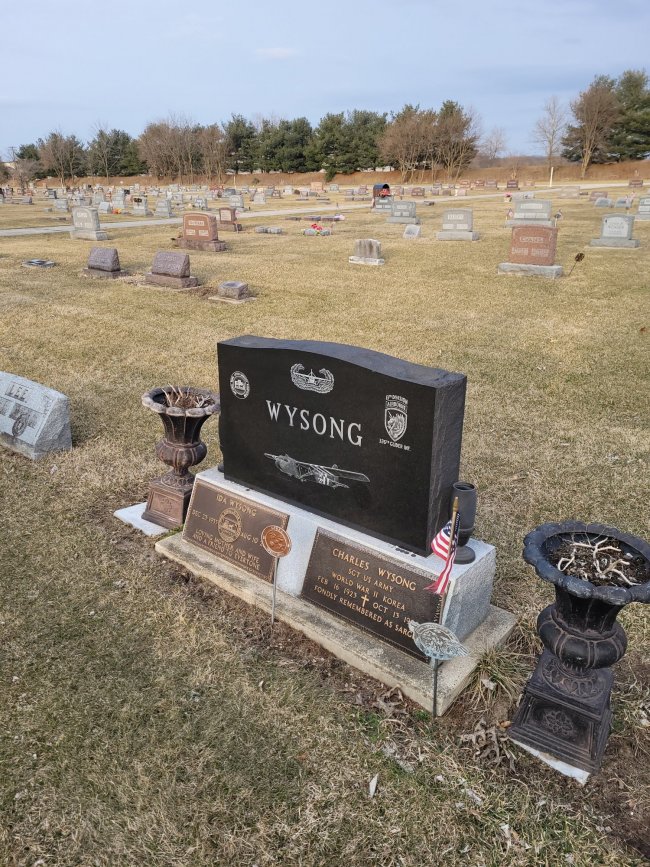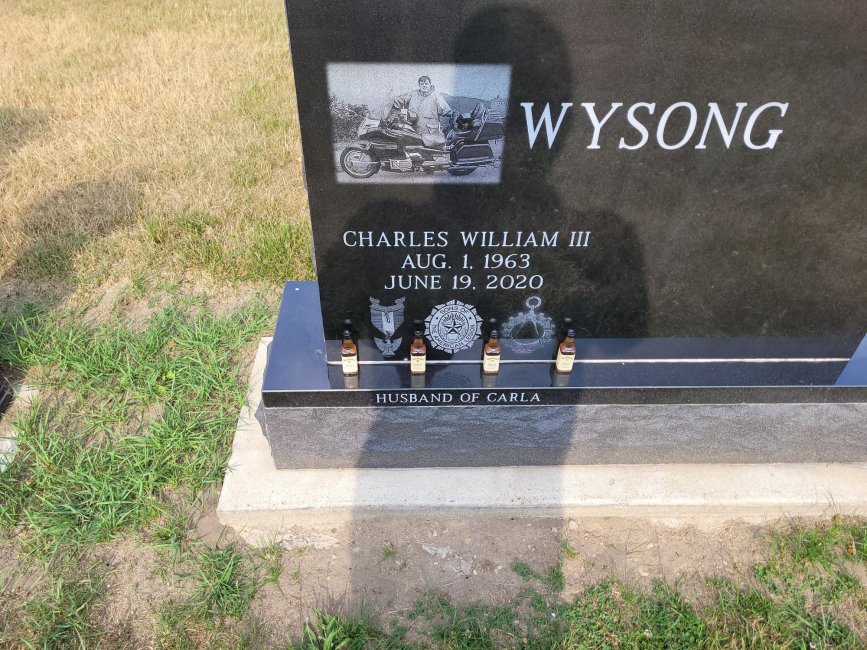I have not heard of this. I did 18 years active duty and 10 years reserve USN/USNR.
"Well, as it turns out, coins left at graves have special meanings and visitors who leave them aren't just doing so for the fun of it. When you see a coin on a gravestone, it simply means that the deceased were in the military service. It's a long-standing military tradition and a special way of honoring those who died in service to the United States of America."
"Well, as it turns out, coins left at graves have special meanings and visitors who leave them aren't just doing so for the fun of it. When you see a coin on a gravestone, it simply means that the deceased were in the military service. It's a long-standing military tradition and a special way of honoring those who died in service to the United States of America."







